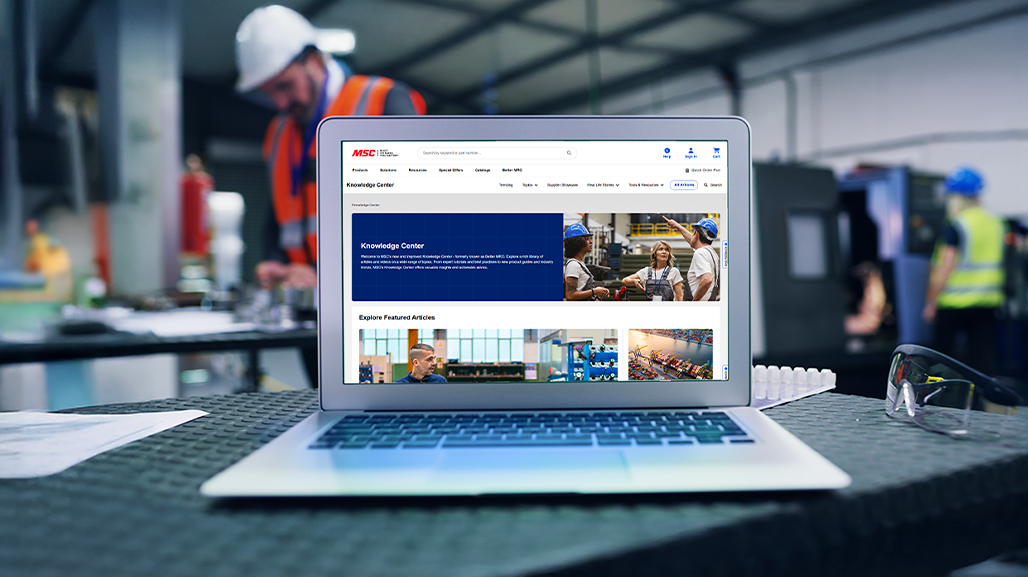What You Need to Know
Having the right tool for the job is critical. The challenge is that there will always be instances when the “right tool” won’t be a clear-cut decision.
Good strategic decisions are very rarely made alone.
More managers are finding that collaborative supplier relationships are critical to business success.
Tooling selection needs to take into account the total operational costs of running the tool.
In any manufacturing operation, having the right tool for the job is critical. The challenge is that there will always be instances when the “right tool” won’t be a clear-cut decision.
For example, in metal-cutting, bi-metal band saw blades have been traditionally used for easier-to-cut metals such as aluminum and non-ferrous metals, carbon and structural steels, and some alloy steels. However, blade technology is evolving, and there are now carbide-tipped band saw blades on the market that have been designed specifically to cut aluminum and non-ferrous alloys. This begs the question: Is the new technology worth the investment, or would it be smarter to stick with a tool operators already know?
Answering those types of questions is never easy and takes careful consideration, especially when there is some investment necessary. In today’s competitive market, even a simple tooling decision is strategic.
To assist managers with the task of selecting the best machine tools for their operations, the LENOX Institute of Technology offers the following tips:
Form an internal team. Good strategic decisions are very rarely made alone. As a recent article from Modern Machine Shop explains, even a decision like buying a new machine tool should include input from every department it may impact (i.e., engineering, production, maintenance, etc.). This, the article states, is why forming an internal machine-tool buying committee is a good idea. “During the machine-buying process, some companies will form committees, especially when numerous departments will be involved in and responsible for the daily operation of the machine,” the article states. “Buying committees allow each department to have input, conveying their requirements and concerns prior to machine selection.”
Work closely with suppliers. More and more managers are finding that collaborative supplier relationships are critical to business success. In fact, according to the book, Strategic Supply Chain Management by Shoshanah Cohen and Joseph Roussel, companies that strategically utilize their supply chains realize better business results than their competitors. This can include your tooling suppliers. When looking at a new machine tool, a trusted supply partner should be willing to provide informational and educational materials about new tools and technologies, as well as additional services such as short-term trial runs and training support. Some may even be willing to help you measure and analyze the success of a new tool. No one knows your equipment and tooling better than the people who designed it, and a good supplier should be willing to share their expertise with you—no questions asked.
Look at the total cost. Like any good purchasing decision, tooling selection needs to take into account the total operational costs of running the tool, including maintenance costs and equipment requirements. Case in point: While carbide-tipped band-saw blades are more advanced in the right application, they do not perform well with a lot of vibration. Therefore, they can only be used with certain types of saws—a critical purchasing consideration. As explained in the white paper, Selecting the Right Cutting Tools for the Job, making the “right” blade choice requires managers to weigh three key factors:
equipment and blade life
cost per cut
long-term productivity of a machine and its intended use
Key Takeaways
In today’s competitive market, a simple tooling decision is strategic.
Buying committees allow each department to have input, conveying their requirements and concerns prior to machine selection.
A trusted supply partner should be willing to provide informational and educational materials about new tools and technologies.
Tooling selection needs to take into account the total operational costs of running the tool.
Previously featured on Blog.LenoxTools.com.
Brought to you by Lenox
For over 100 years, Lenox band saw blades, sawing fluids, metalworking lubricants, power tool accessories and hand tools have been the first choice for professionals and leading industrial manufacturers around the globe. Lenox leading manufacturing processes offer innovative, cost-effective solutions in material separation, holemaking and metal forming applications.

Related Articles
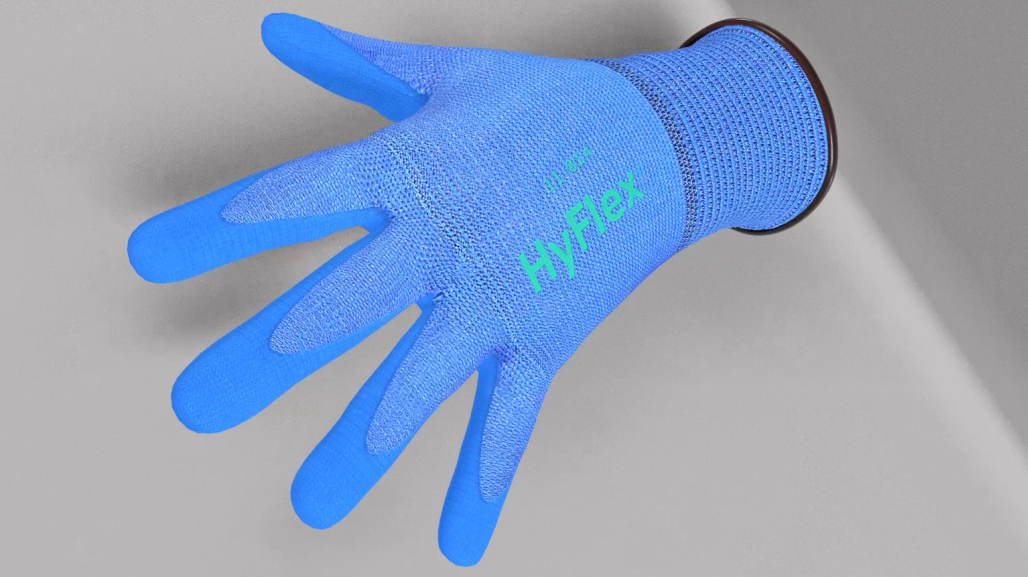
TOOLING UP: Ansell: HyFlex Precision Comfort Gloves with Aerofit Technology
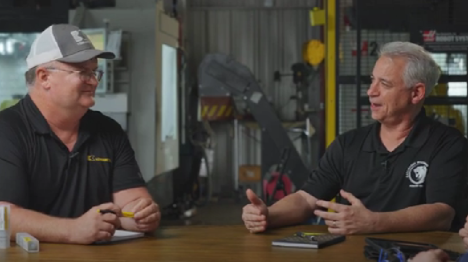
VIDEO: Case Study: Real Results and Impact: The MSC and Catamount Partnership Story
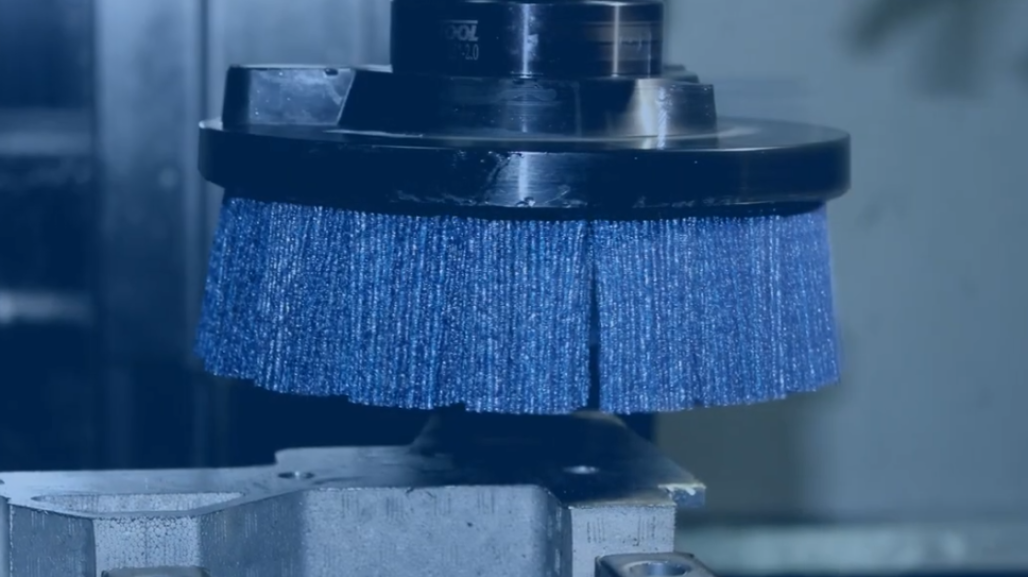
4x Output. One Simple Switch. Osborn Customer Stories
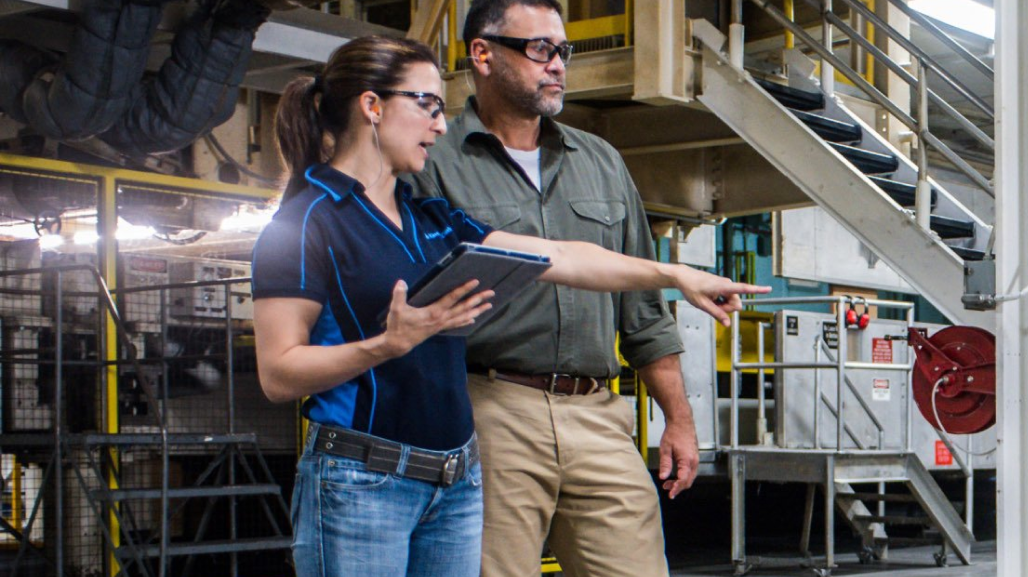
Mastering the Art of Waste Walks: From Preparations to Direct Observations
